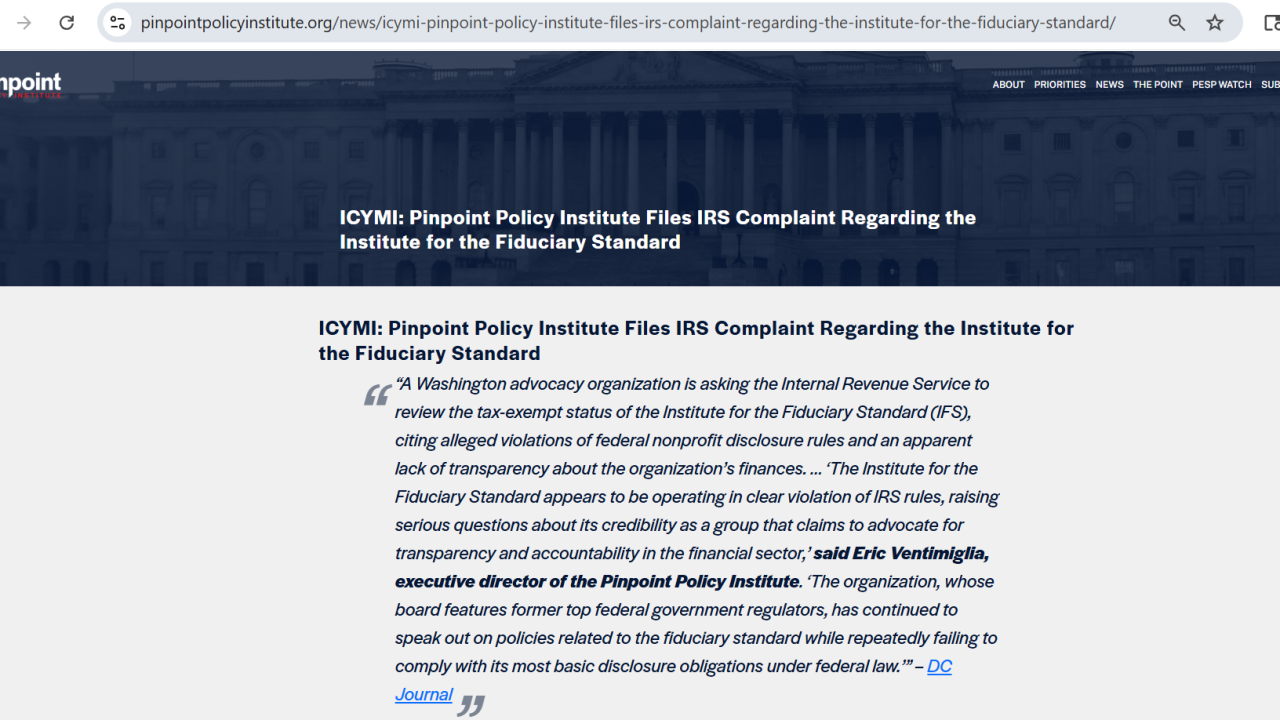Our daily roundup of retirement news your clients may be thinking about.
Today’s seniors are embracing new retirement philosophies, writes an expert on Fox Business. “The retirees I worked with 15 years ago were determined to be debt-free, live on the interest and appreciation of their investments while never spending their principal, and hand down their hard-earned wealth to their loving children,” the expert writes. “Today, many of my clients are buying BMWs and traveling to adventurous places in Europe ... This enthusiasm for life is quite exciting, but their high cost of living without an income from work does present challenges.”
Sherjan Husainie is the Founder of
Paul Shoukry said Raymond James differentiates itself by not requiring advisors to push banking and other products and by not aggressively pursuing advisors who leave for industry rivals.
New data from J.P. Morgan reveals how retirement expectations diverge from reality, and what that means for advisors helping clients navigate life after work.

A minimalist portfolio consisting of index funds may be cheap, easy to maintain and well-diversified, but it may not be as tax-efficient as expected, especially for wealthy retirees who face higher tax rates, writes an expert on Morningstar. Holding these assets in taxable accounts will generate income distributions that are subject to ordinary income tax rates, and affluent retirees can also see a spike in their tax bill once they start taking required minimum distributions from tax-deferred accounts at age 70 1/2, the expert writes. “[M]anaging taxable assets for maximum tax efficiency is a way to reduce the drag of taxes on that portion of the portfolio, at least.”
The average expense ratio among the top-performers is 40 basis points higher than the average.
Clients will be in a better position to boost contributions to their 401(k)s once their children leave home, according to this article on Bloomberg. It would mean a reduction in expenses, allowing them to have better cash flow and save more money in the process. "The lift comes from disposable dollars. It’s a material amount of money,” says an expert.
Downsizing a home is one option for clients looking to improve their financial prospects in retirement, according to this article on Motley Fool. By downsizing to a smaller home, clients can reduce their housing and utility costs. Moving to a cheaper neighborhood could mean a lower property tax burden. Downsizing is not meant for all retirees, so it is important to weigh all options and make a budget projection before making a decision.









